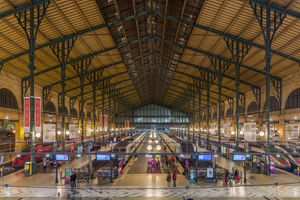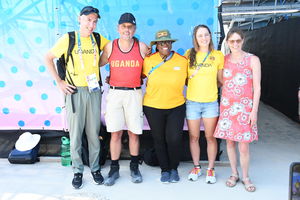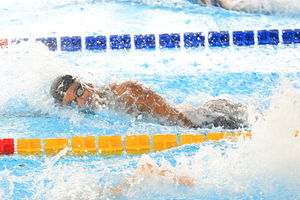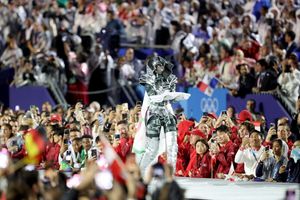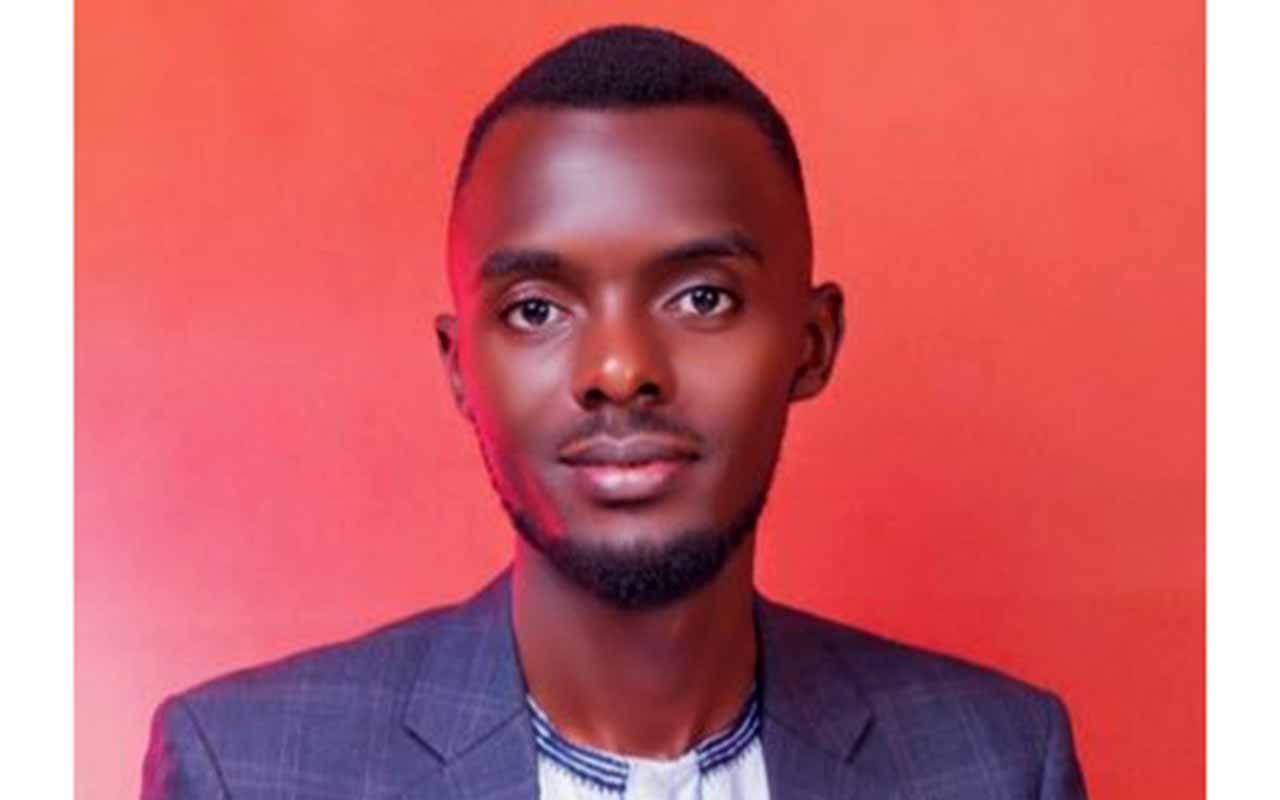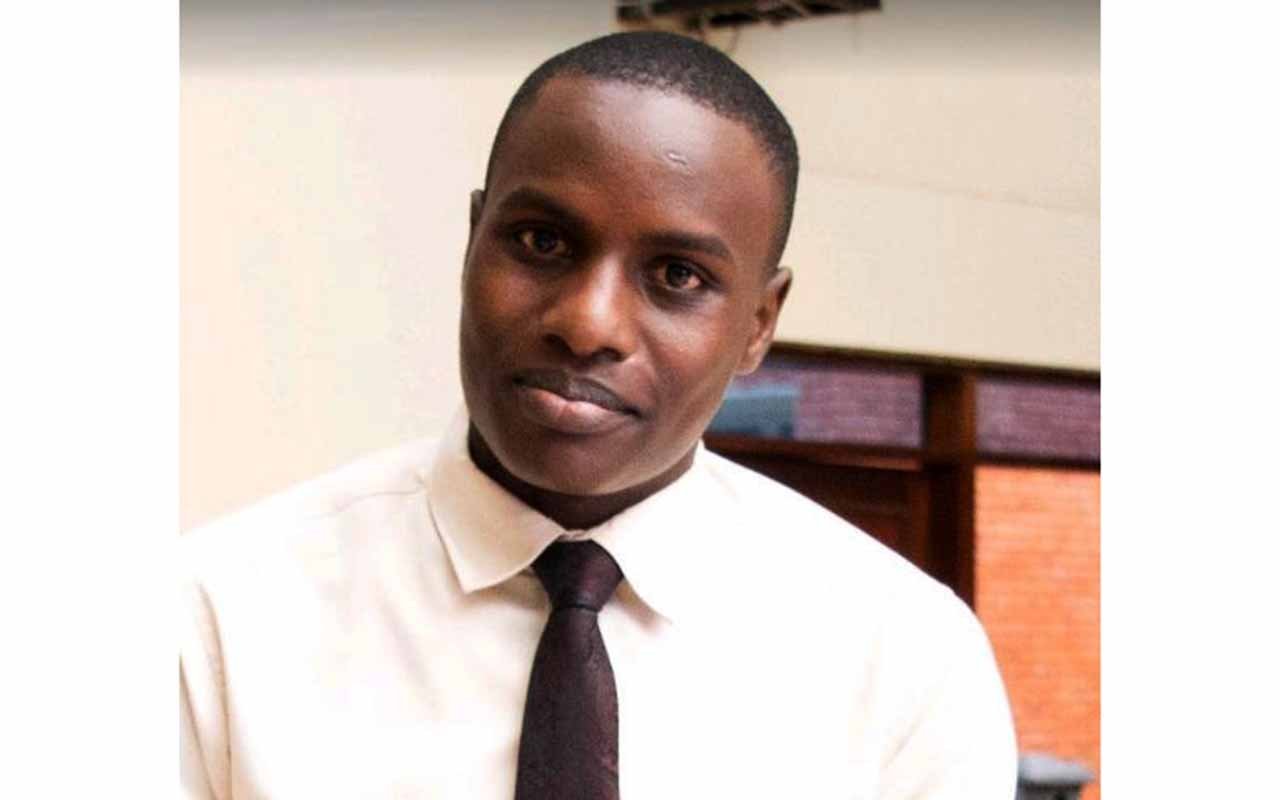
Mr Charles Onyango-Obbo
It was heart-warming, as always, seeing the Ugandan team at the Paris Olympics on a barge on the Seine River during the athletes’ parade.
Uganda is represented by 25 athletes. That is about the same number that represented the country in the 2020 (2021) Tokyo Olympics.
Tokyo was also the best-ever Ugandan outing at the Olympics, with the boys and girls bringing home four medals; two gold, one silver, and one bronze.
However, that all-time best show in Tokyo, was still far below our possibilities, so will equalling it. To appreciate that, let’s compare ourselves to Jamaica, an African diaspora country. Jamaica was represented by 62 athletes at the Tokyo Olympics. They won nine medals; four gold, one silver, and four bronze. In 2021, the population of Jamaica was 2.8 million. Uganda’s population, by contrast, was about 44 million.
It is not enough to have a pool of sports talent. What is more important is turning them into a competitive product, and that takes, among other things, money.
Jamaica’s gross domestic product (GDP) for last year was approximately $19.42 billion. Uganda’s was $49.27 billion – we are two and a half times richer.
The reason they are much better than us in sports is what they do with little. Jamaica has a good sports development programme, honing talent through initiatives such as the Institute of Sports (INSPORTS) and the Sports Development Foundation (SDF). These organisations develop sports at the grassroots level, provide funding and resources for athletes, and improve sports infrastructure.
Jamaica is also laser-focused on one area, sprinting, which has produced many world-class athletes, including the great man Usain Bolt.
Uganda doesn’t have any such deliberate sports development programmes and approaches. If we had, we would probably have 50 to 60 athletes in Paris, and bring home 12 medals.
Many of these things require little money. We have wonderful beaches in Entebbe, we can do something with beach volleyball.
Why, for Christ’s sake, aren’t we playing handball? What does it cost to have a serious badminton league? These are not equestrian sports requiring expensive horses.
The countries that lead the medals tables at the Olympics usually accumulate them in the disciplines on water, gymnastics, archery, and others where few of our people (if any) ever compete.
Outside football, the USA has ruled the world sports for many decades. One of its secrets is the vast sports scholarship programme at high school and university. The sports scholarship has produced an impressive number of world-beating American athletes.
A sports scholarship pipeline is something that can be created from Uganda’s existing education budget, though it would require the school and university programmes to be run very differently. And, of course, investment would have to be made in basic things like bringing school fields and courts up to standard. After all, we’ve been there before.
When I went to secondary and high school, the tennis courts, for example, looked like the ones at Roland Garros in Paris where the French Open is played, minus the spectator stands. Today, they are history.
One obstacle we have is we think of sports mostly as sports. Let’s think about the money.
The global sports industry is worth about $500 billion, and if you add sports merchandise (those silly caps and t-shirts) you get to nearly a whopping $800 billion today. If Uganda sought to get just 0.25 percent of that, it would be an eye-popping $2 billion! It can get it directly, or using sports as advertising.
There is a view in Kenya that all the money the country spends marketing itself as a tourist destination is useless. That the country’s biggest advertising is its global marathon superstars like Eliud Kipchoge.
Almost 100 million people visit France each year, making it the most visited country in the world. Easily, the biggest advertising of France is the Tour de France, the world’s premier cycling race. It’s remarkable to see how they project the country as the cyclists whizz by.
Sports is also one way to soak up the time of the citizens of the evolving artificial intelligence age.
With AI taking over a lot of the work and tasks humans have been performing, it leaves them with more time on their hands. In some places, a four-day working week is becoming the norm. A lot of the time and energy that has been freed is going into sports (including fitness), and watching on streaming services.
More than in the past, sports is good politics. Manchester United fans who are screaming at their TV screens during matches, and quarrelling with Arsenal rivals on social media for the whole week, don’t have much time left to go out on the streets and demand that you have ruled the country for too long and, therefore, should go home and look after your cows.
Mr Onyango-Obbo is a journalist, writer and curator of the “Wall of Great Africans”.
X: @cobbo3

